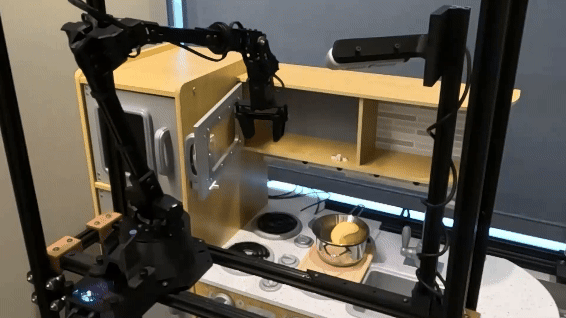Researchers at The AI Institute have introduced Theia, an innovative vision foundation model aimed at improving robot learning. This model synthesizes insights from various existing vision foundation models (VFMs), allowing for the creation of integrated visual representations that enhance robot capabilities while lowering computational demands.
A Comprehensive Strategy for Vision Learning
Conventional robot vision systems typically depend on single-task models, such as classification or segmentation. However, these approaches often fall short in equipping robots to handle intricate environments. Theia overcomes these challenges by merging the advantages of VFMs like CLIP, DINOv2, and ViT - resulting in strong visual representations that enable robots to interpret a wide range of visual signals.
Outstanding Performance in Trials
Theia-trained policies achieved an impressive average success rate of 80.97% in tests involving 12 different robot tasks, significantly surpassing other methodologies. Further real-world trials underscored Theia’s effectiveness, with robots showing a 15 percentage point increase in success rates on tasks such as opening microwaves, placing items inside, and closing doors—tasks that require both precision and flexibility.
Streamlined and Adaptable Design
The design of Theia promotes efficient robot learning through a shared visual encoder paired with specialized decoders. This configuration allows one representation to support multiple outputs, including segmentation and depth images, minimizing the necessity for task-specific VFMs. Notably, training Theia is highly efficient, needing only 150 GPU hours on datasets like ImageNet.
Practical Applications
Theia has been successfully tested on robots such as Spot and WidowX, proving its capability to generalize across different platforms and tasks. By simplifying the learning process and conserving resources, Theia holds significant promise for both academic research and practical robotics applications.
Advancing Robot Learning
While there are still hurdles to overcome in achieving flawless success rates on complex tasks, Theia represents a major advancement in making robots smarter, quicker, and more versatile. Researchers are encouraged to delve into Theia’s features and participate in its ongoing development, which could potentially revolutionize the field of robotics.
For further details, interested parties can visit the AI Institute's website or read the full paper presented at the Conference on Robot Learning.
